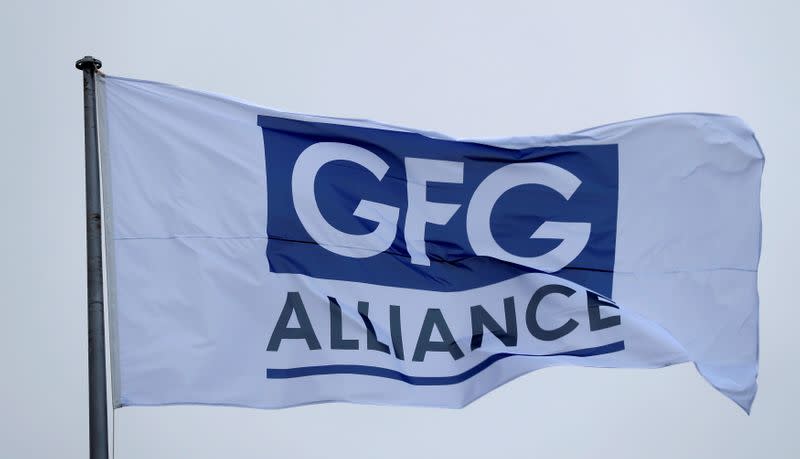Dunkirk smelter deal provides a window into GFG's complex web of financing
By Pratima Desai
LONDON (Reuters) - Sanjeev Gupta's $500 million purchase of Europe’s largest aluminium smelter from Rio Tinto in 2018 was the steel tycoon’s first big industrial deal financed through traditional bank debt.
Gupta's GFG Alliance, a sprawling network of hundreds of privately-held companies with interests spanning steel, aluminium, mining, financial services and real estate, publicly announced the five-year term loan with a syndicate of banks.
Behind the scenes, however, GFG had tapped British finance firm Greensill and U.S. asset manager BlackRock for additional funding via a complex chain of holding companies, according to two sources with direct knowledge and documents seen by Reuters.
The extra borrowing enabled Gupta to minimise the amount of cash that he had tied up in the purchase of the Dunkirk aluminium smelter in France, the two sources said. They said the original syndicate of banks and commodity trader Trafigura were unaware of the additional funding, which Gupta used to cash in some of the equity he had pledged for the purchase of the smelter.
A spokesman for GFG Alliance declined to comment on its financial arrangements. Trafigura and Greensill's administrators declined to comment.
GFG Alliance's complex corporate structures and financing arrangements are proving problematic as Gupta seeks new sources of funding in the wake of Greensill's insolvency last month.
Gupta is talking to the government in Britain, where he employs around 3,000 people, about receiving financial support from the state for his businesses there but some officials say they are wary.
"We are custodians of taxpayers' money and there were concerns about the very opaque structure of the GFG group,” Britain's Business Secretary Kwasi Kwarteng said on Tuesday.
"We can’t be giving taxpayers’ money, essentially putting it into a black box where we don’t know what the money will be used for."
The GFG Alliance spokesman declined to comment on Kwarteng's remarks or on the discussions with government.
GFG has said previously that it is trying to negotiate a standstill agreement with Greensill's administrators, which would mean it could pause its debt payments to Greensill, and refinance its businesses.
The supply chain finance firm was a major source of funding for Gupta as he bought up troubled metals manufacturing facilities, creating a conglomerate with more than 35,000 employees across 30 countries. Greensill repackaged loans it made to GFG Alliance into bonds that could be sold to investors.
The funding that GFG Alliance got from Greensill for the French smelter was in the form of a $77.5 million promissory note while BlackRock lent $115 million, according to the two sources and GFG presentations seen by Reuters.
One presentation of the smelter's funding structure lists 9 corporate entities across multiple jurisdictions including Luxembourg, France and the Netherlands, with a straight line up to Sanjeev Gupta.
In January 2019, when the BlackRock loan was made available, Gupta used the fresh funding to replace some of the equity he had pledged for the Dunkirk smelter, enabling him to access at least $50 million in cash, two sources with direct knowledge said.
That equity was part of the original bank syndicate loan agreement. GFG Alliance was to pay a third of the purchase price for the smelter and the banks, along with Trafigura, lent $350 million, according to a presentation seen by Reuters and the two sources.
The lenders which included Natixis and BNP Paribas were not informed about the additional loans from Greensill and BlackRock, the sources said.
Reuters could not determine if the syndicated loan agreement required GFG Alliance to request permission from the banks and Trafigura before raising additional funding for the smelter.
Natixis and BNP Paribas declined to comment about their loan agreement with GFG Alliance.
BlackRock’s $115 million loan was not repaid when it matured in January of this year and has been extended by two years according to a third source.
The loan plus interest amount to $131 million, according to a March 2021 document showing GFG's debts and the valuation of its businesses.
(Reporting by Pratima Desai; editing by Veronica Brown and Carmel Crimmins)

 Yahoo Finance
Yahoo Finance 



